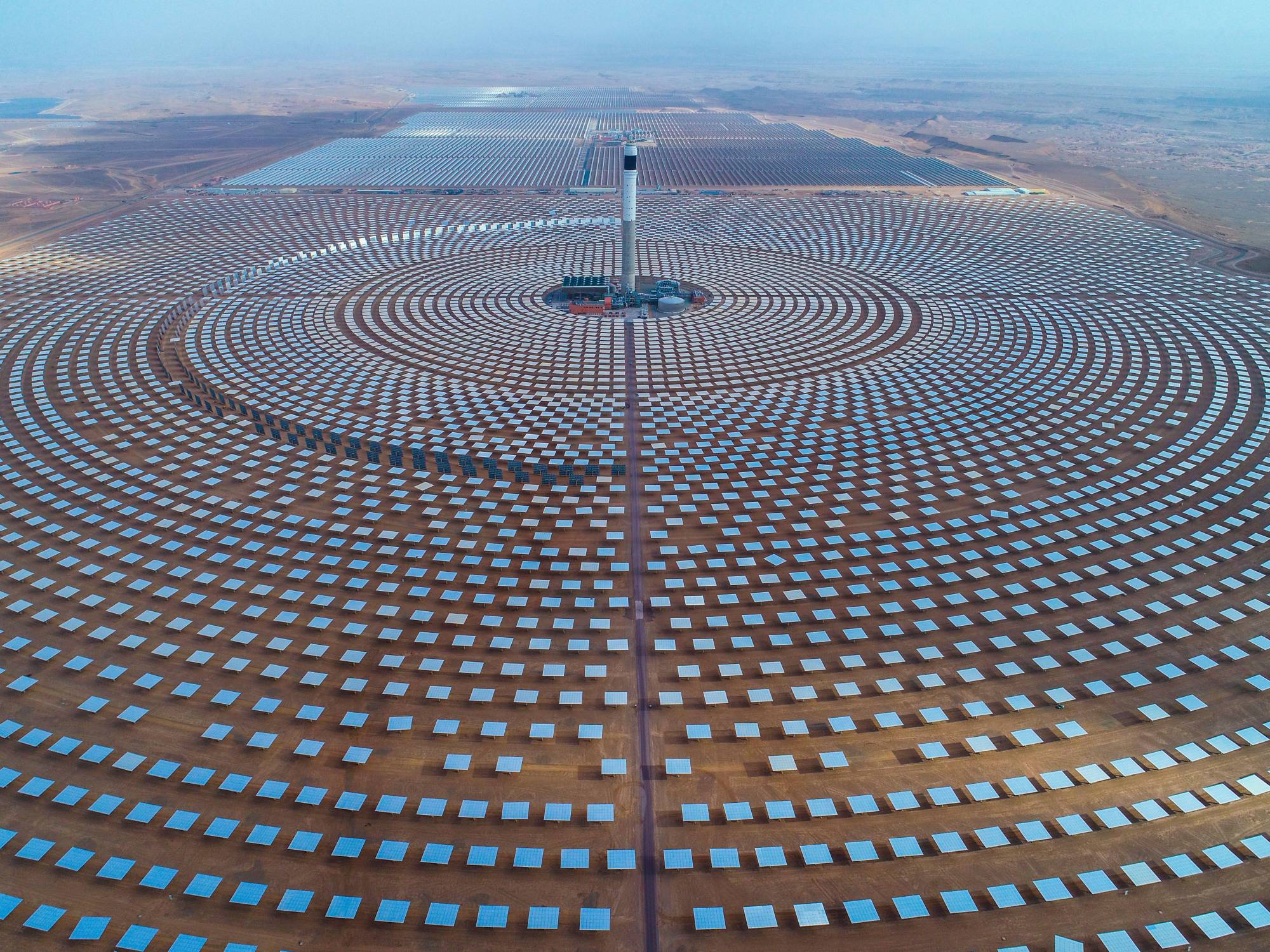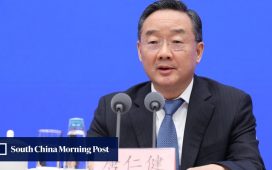China surpassed Japan as the world’s leading car exporter last year based on data from automobile manufacturer associations in the two countries. However, most of those exports were internal combustion engine cars while electric vehicles (EVs) represented only about 25 per cent of exports. In 2022, Japanese car manufacturers produced about 17 million cars overseas, more than four times the 3.8 million units exported.


Morocco also holds strong potential in solar and wind energy. To fully benefit from foreign investment, Morocco needs to broaden its participation in the green tech value chain. Just as importantly, recipients of foreign investment must leverage these opportunities to upgrade their human capital.
They must navigate a complex geopolitical landscape. Most importantly, and perhaps most challenging, they must transcend their Chinese origin and become truly global companies with a global talent pipeline. Beyond their core strengths of innovation and process management, whether they can develop the intercultural competence of global people management will define their success.
As the rise of China’s green tech giants reshapes the landscape of global production, this shift transcends mere corporate growth. It heralds transformative waves across industrial ecosystems of the Global South.
As these Chinese multinational firms expand their presence internationally, they could reshape global production networks towards the Global South and accelerate the transition to a green economy. For stakeholders in global markets, embracing this change through collaboration and coordination with Chinese green tech companies will maximise global benefits in this transformation. By working together to strengthen sustainable supply chains, they can harness the power of Chinese green tech to build a more sustainable future for all.
Winston Mok, a private investor, was previously a private equity investor








